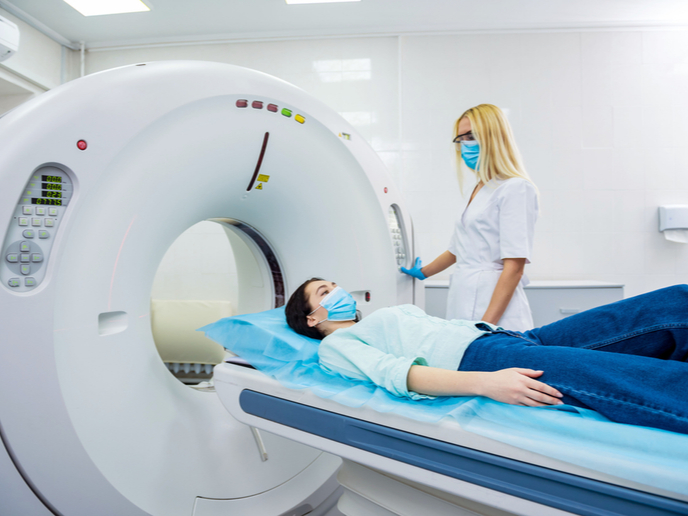Health effects of low-dose medical radiation: time to act
Radiotherapy employs ionising radiation to treat cancer. Despite obvious benefits, several radiation-induced off-target effects have been reported, such as cardiovascular disease in patients with breast cancer. Radiation exposure during CT diagnostic imaging poses a long-term health risk in children and adolescents, while medical workers performing these diagnostic tests and treatments are also exposed to low doses of ionising radiation. To understand the impact of such exposure and take appropriate protection measures, the EU-funded MEDIRAD(opens in new window) project brought together 34 partners from 14 European countries with expertise in radiology, nuclear medicine, radiotherapy, dosimetry, epidemiology, radiation protection and public health. Further consultation was provided by a scientific advisory board of world-renowned experts in the field, a stakeholder board with representatives from medical associations and a wider stakeholder forum with representatives from international organisations. “Our goal was to provide scientific evidence for the health impact of ionising radiation so as to improve protection in clinical practice,” explains Guy Frija, professor at the University of Paris(opens in new window) and clinical coordinator of the project.
Tools and models for improved radiation protection
The MEDIRAD objectives included organ dose estimation and registration to inform clinical practice and optimise doses based on specific recommendations. This was achieved through improved radiation dosimetry tools, tools for optimising image quality at reduced doses, as well as guidance for dose evaluation in CT procedures. Regarding the impact of medical exposure, researchers focused on the cardiovascular effects of low to moderate doses of ionising radiation in breast cancer patients receiving radiotherapy and the long-term cancer risk in children undergoing CT scans. The consortium developed and validated a prediction model for assessing the risk of acute coronary events after radiotherapy in individual breast cancer patients. Moreover, they identified cardiac imaging and circulating biomarkers to detect and monitor any radiation-induced cardiovascular changes after radiotherapy. “The MEDIRAD mechanistic modelling tools offer the potential to gain deeper insights into cardiovascular disease development even beyond radiation-induced disease,” emphasises Elisabeth Cardis, professor at the Barcelona Institute for Global Health(opens in new window) and project scientific coordinator. With regards to paediatric CT patients, researchers followed up major cohorts from the EPI-CT study(opens in new window) for the emergence of brain and haematological malignancies and identified potential biomarkers of susceptibility to low-dose radiation-induced cancer. Apart from minimising radiation-induced off-target effects, MEDIRAD deliverables have the potential to personalise treatments for patients. Some of the generated tools and software also set the ground for future clinical trials for radiopharmaceuticals.
Recommendations for improved radioprotection
Collectively, MEDIRAD findings served as the basis for a set of evidence-based, consolidated recommendations for the effective radioprotection of patients and healthcare workers across Europe. These were drafted in close collaboration with a broad range of stakeholders, scientific and clinical communities as well as policymakers. The MEDIRAD recommendations(opens in new window) are publicly available under the sole authority of the MEDIRAD consortium on the project’s website. To facilitate the widespread dissemination of the recommendations in a non-expert language, a policy brief(opens in new window) and an infographic(opens in new window) have also been prepared.







